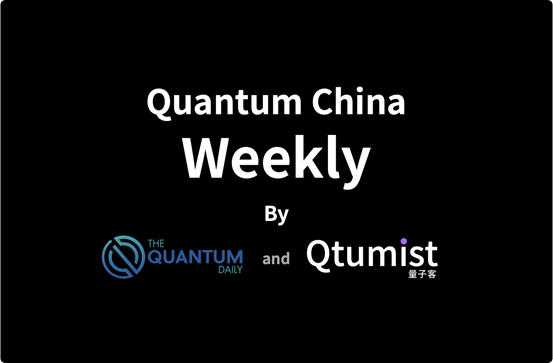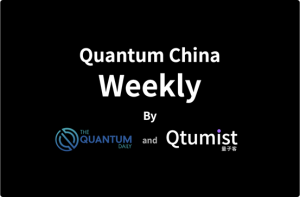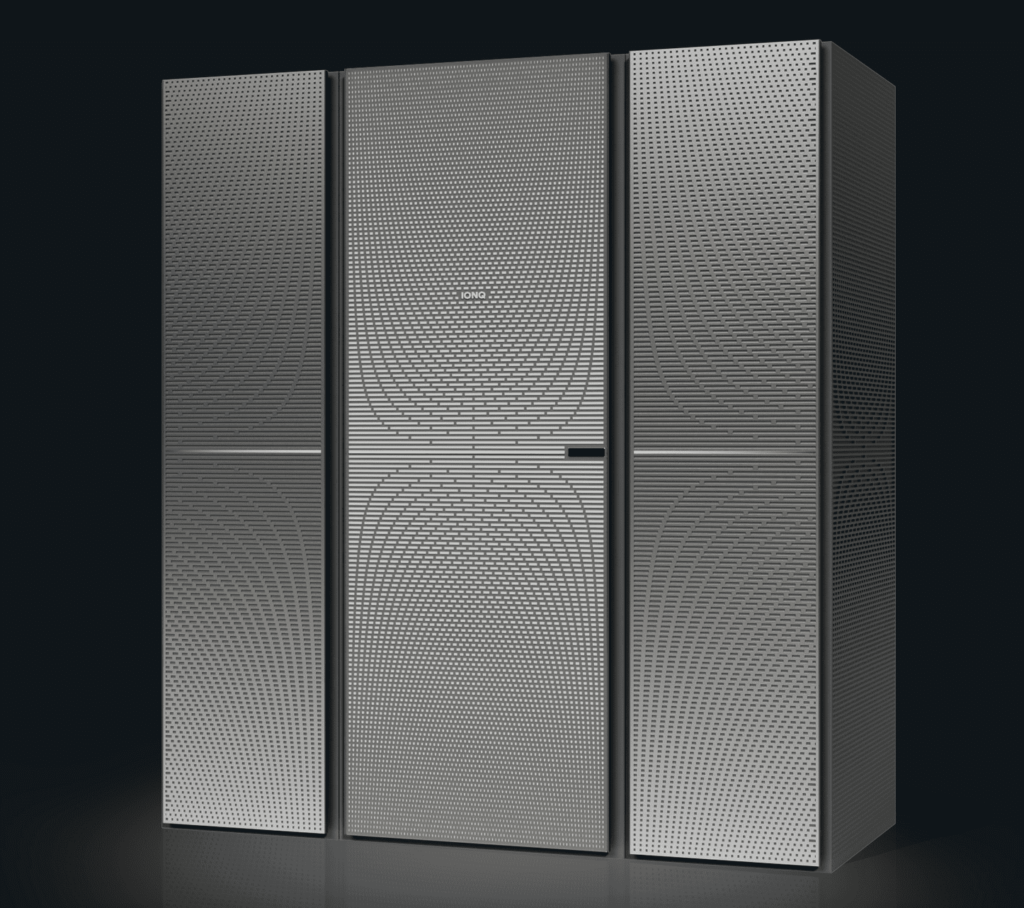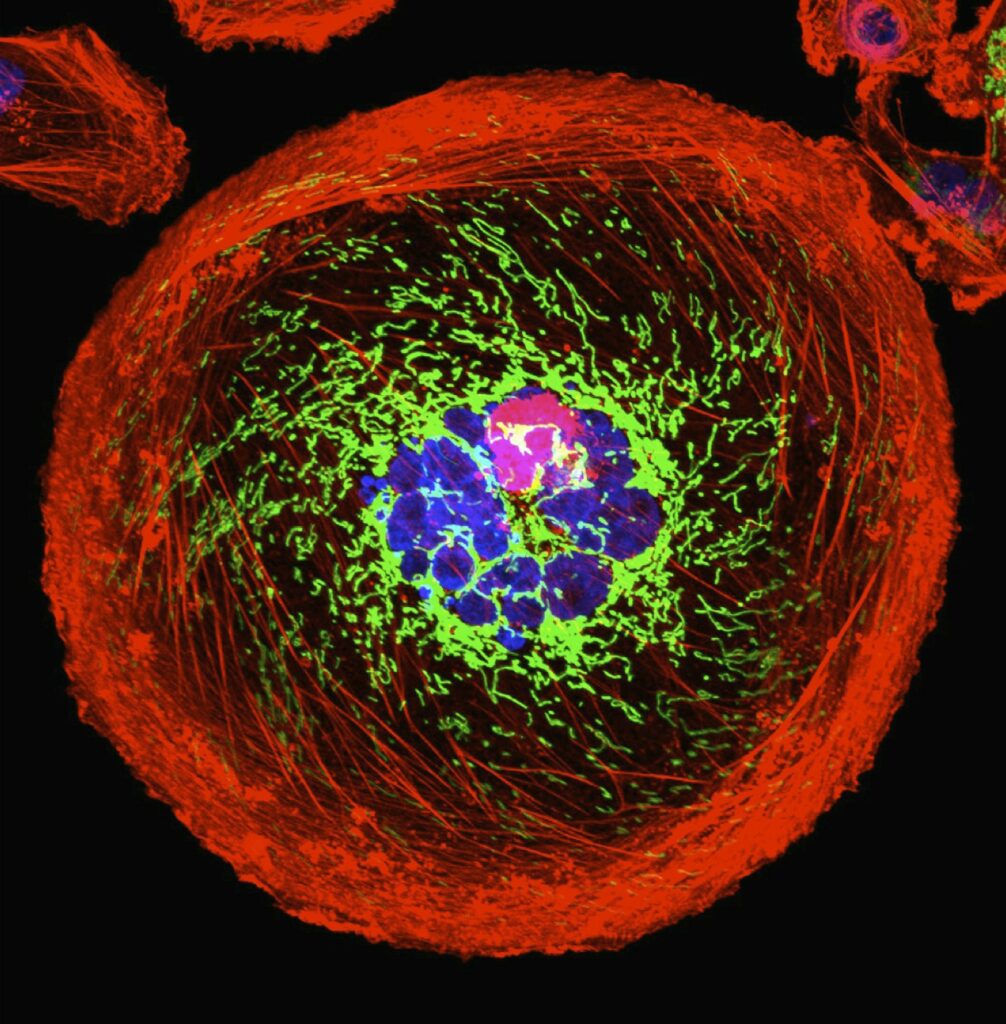Quantum China is a weekly periodical focusing on China’s quantum information technology sector, provide a voice for the Chinese quantum technology field.
Quantum China mainly focuses on eight major directions: Policy, Capital, Business, Technology, Research, Education, Conference, and People. Providing researchers, Interested parties, and industry pioneers with all the latest developments in China’s quantum field.
Capital
Alibaba DAMO Academy to make long-term investments in scientific research in areas such as quantum computing

Alibaba’s Chairman of the Board and Chief Executive Officer Zhang Yong said that Alibaba DAMO Academy will make a long-term determined effort to conduct research on basic science in order to achieve breakthroughs in the world’s most cutting-edge technologies. Alibaba will continue to make long-term investments in fundamental research in areas like quantum computing, artificial intelligence, and chips.
Business
China’s first ecological alliance for biochemical industry applications
The summit forum of “Quantum Computing – Industry Empowerment” was jointly held by Origin Quantum and Dymatic Chemical. At the same time, the first biochemical industry application ecological alliance of quantum computing in China was established. This marks the integration of industry and research in biochemical quantum computing in China.
Origin Quantum and CIQTEK Selected as 2021 China Potential Unicorn Companies
The 2021 China Potential Unicorn Enterprise Research Report was officially released at the 2021 China Potential Unicorn Enterprise Research Report Launch Meeting. According to the report, the number of potential unicorns in China reaches 425 in 2020, including 248 new ones. 2021, 70 new potential unicorns have been added as of May 31. Among them, Origin Quantum and CIQTEK were selected.
Boson Quantum established the “BosonQ Science and Technology Association”
Beijing Boson Quantum Science and Technology Association was formally approved to be established. The establishment of this association marks the readiness of Boson Quantum in the field of coherent quantum computing. The association will adopt the individual membership system and widely absorb the outstanding talents of the company to improve the scientific research technology level of coherent quantum computing in China.
Technology
Kunfeng Quantum releases Quantum-Chip Design Automation Platform (QDAP)
Kunfeng Quantum has released the Alpha version of its Quantum-chip Design Automation Platform (QDAP). Kunfeng Quantum calls “Kunsun” a one-stop dedicated software tool for quantum chip design, aiming to provide out-of-the-box, cloud-based quantum chip design services for practitioners in quantum computing and quantum devices.
Research
CSU quantum processors achieve powerful quantum computing advantage
A research team consisting of Jianwei Pan, Xiaobo Zhu, Chaoyang Lu, and Chengzhi Peng, all professors at the University of Science and Technology of China (USTC), has published a preprint of a paper entitled “Strong quantum computational advantage using a superconducting quantum processor” on arXiv. In the paper, the quantum processor developed by the team, Zuchongzhi, was tested in a benchmark test with random quantum line sampling, with a system size of up to 56 quantum bits and 20 cycles. The computational cost of classical simulations is 2-3 orders of magnitude higher than previous work on Google’s 53-qubit Sycamore quantum processor, demonstrating a quantum computing advantage that cannot be accomplished in a reasonable time frame for classical computing.
paper: https://arxiv.org/abs/2106.14734
CSU designs new scalable quantum light source to realize quantum computing advantage
Professor Pan Jianwei’s team at CSU has developed a technique for excited scaling of quantum light sources, detecting events with up to 113 photons matching simultaneously in a 144×144 mode Gaussian boson sampling experiment, thus completing a larger scale Gaussian boson sampling experiment. The experimental results correspond to a sampling of Hilbert space dimension up to 1043, achieving a 1024-fold computational speed advantage over the violent solution sampling algorithm run by supercomputing, which is nine orders of magnitude higher than that of IX Chapter 1.0.
paper: https://arxiv.org/abs/2106.15534
CSU makes important progress in the study of novel spin interactions
Jiangfeng Du’s team at CSU, through a quartz tuning fork driving a mass source in the direction of the perpendicular diamond surface in simple harmonic motion, and designed an experimental sequence to translate the novel interactions to be explored into quantum phase information for single-spin quantum sensors. The experiment gives new experimental limits on a class of velocity-dependent new spin interactions at the micron scale, where the limits at 200 microns are four orders of magnitude tighter than previous experimental results based on the spectra of cesium, ytterbium, and thallium atoms.
paper: https://journals.aps.org/prl/abstract/10.1103/PhysRevLett.127.010501
CSU achieves the fastest real-time quantum random number generator to date
Professor Pan Jianwei and his group, together with Professor Chu Tao’s group at Zhejiang University, have achieved the fastest real-time quantum random number generator to date with a rate of 18.8 Gbps by developing a silicon-based photonic integrated chip and optimizing real-time post-processing.
paper: https://aip.scitation.org/doi/full/10.1063/5.0056027
Peking University discovers a new mechanism to regulate the stale energy gap of caged magnets, opening up new directions for quantum manipulation
Jia Shuang’s group in the School of Physics at Peking University, in collaboration with Princeton University, has further investigated the effect of rare earth elements on the topological electronic structure of RMn6 Sn6 (R=Gd-Tm, Lu), and confirmed through electrical transport and spectroscopic experiments that rare earth elements can effectively regulate the stale energy gap in cage eye magnets. This study opens up a new direction for the quantum manipulation of topological electrons in the correlated system.
paper: https://journals.aps.org/prl/abstract/10.1103/PhysRevLett.126.246602
For more market insights, check out our latest quantum computing news here.



















